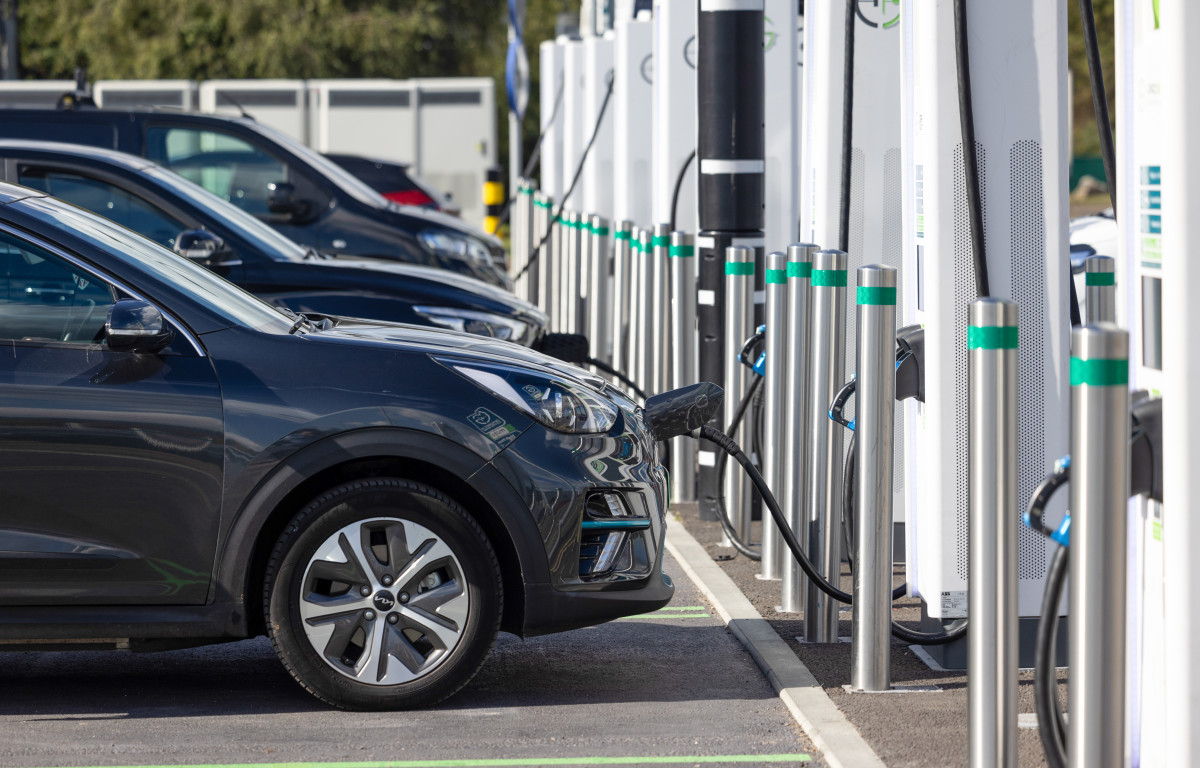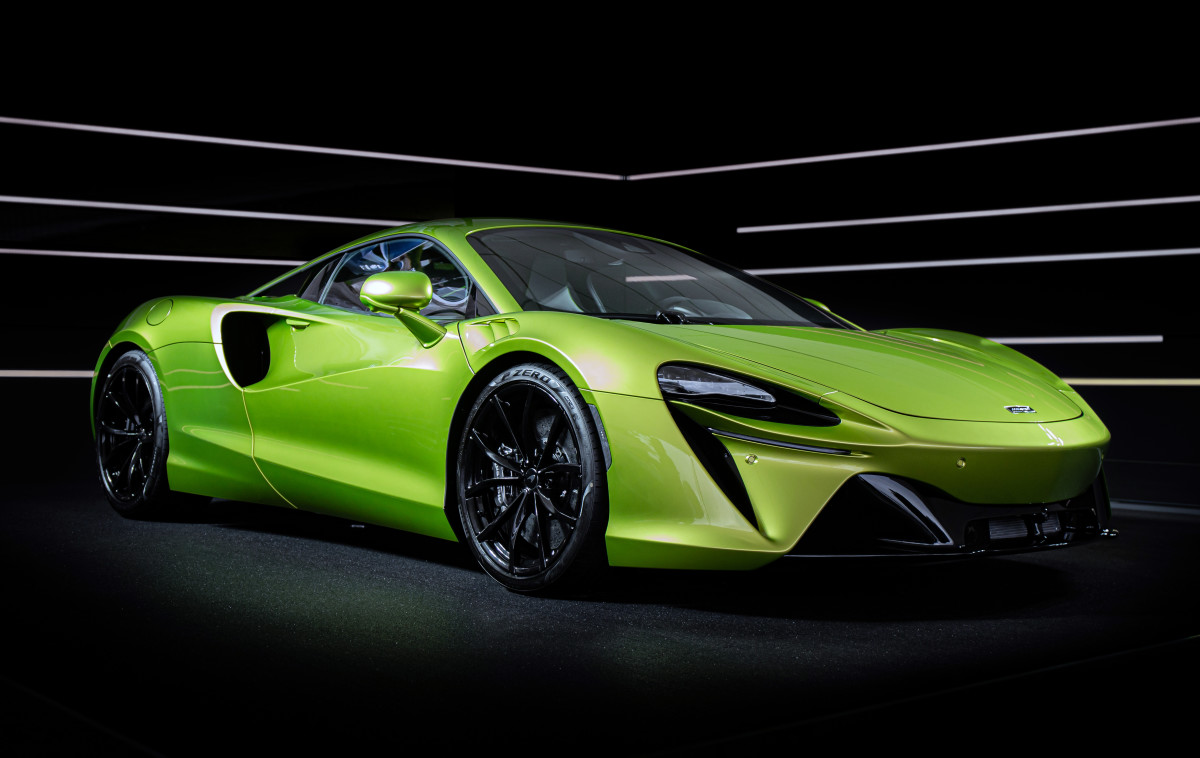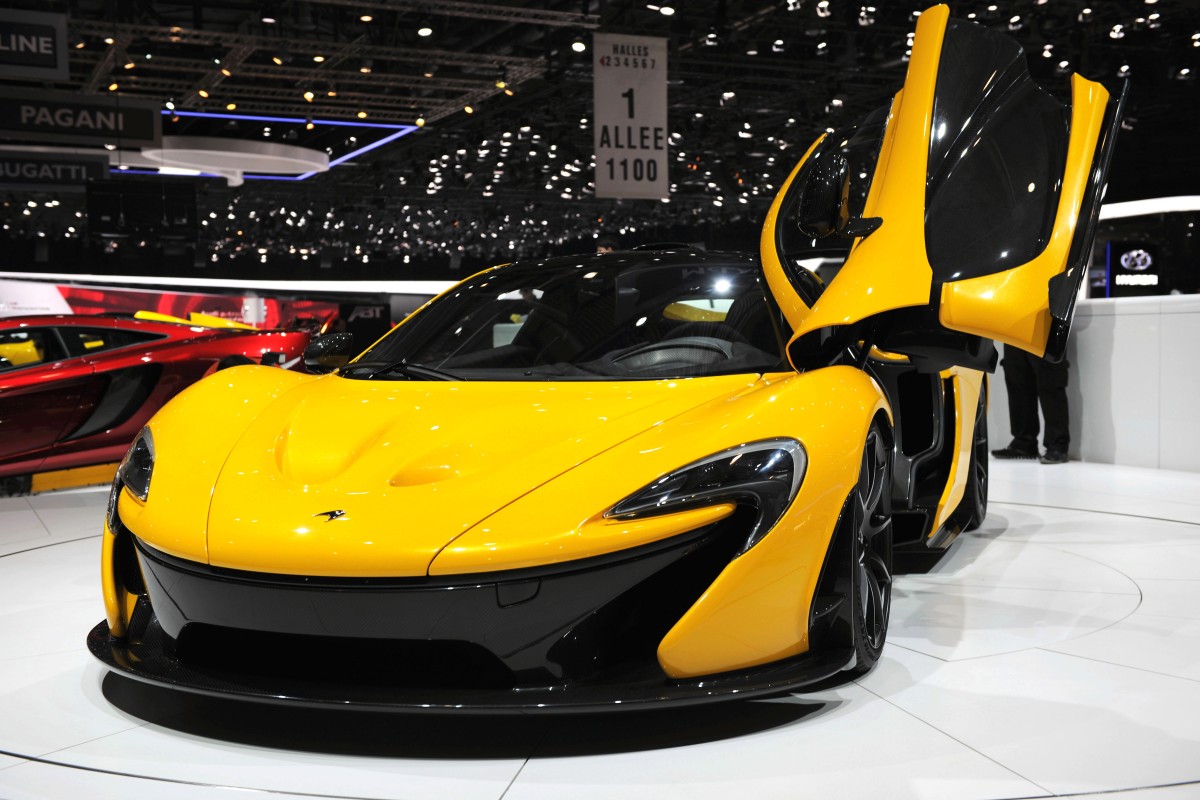
Electric cars are one of the latest innovations in automotive technology, but with all the benefits it offers, there are some drawbacks to transitioning from internal combustion engines.
The high cost of EVs, range anxiety and the poor infrastructure for charging are some of the reasons that it has dissuaded buyers, but some in the industry have a different perspective.
Related: Why consumers are passing up electric vehicles for a different kind of car
One automotive figurehead is not into all the hype surrounding electric cars, rather he sees one drawback that sets the technology back when it comes to making some of the fastest and most desirable cars all-electric.

McLaren CEO Michael Leiters said in an interview with Bloomberg that there will not be what he calls “real” electric supercars for a while because of an issue he sees with one of the most vital components of an EV – the battery. Simply put, longer range on an electric car requires a larger battery and the tradeoff is not worth it for an automaker like McLaren.
As a company that injects cutting-edge technology from its Formula 1 into its road cars, Leiters and his engineers conclude that the batteries that can push a potential electric McLaren car to its range goals will be too heavy, and that making a battery that solves this unique problem will take time.
“Weight is super important, you need also the right range,” Leiters said. “I don’t expect this technology to be ready for real supercars before the end of the decade.”
More Technology:
- The company behind ChatGPT is now facing a massive lawsuit
- Prominent EV company says latest deal will be the first of many
- Apple makes a big new move with Elon Musk's Twitter
Leiters emphasized the need to keep the weight of the cars as low as possible, noting that a heavy car would tamper the driving experience that the company is known for providing its customers. He noted that in an ideal world, an electric McLaren with all the same signature characteristics as its gas-powered cars should weigh alike.
“We don’t want to do an electric car which weighs two tons and then has 2,000 horsepower,” Leiters said.

Still, it does not mean that McLaren has entirely given up on going electric. Over the past decade, the company and its contemporaries Ferrari and Porsche led the way in introducing hybrid technology into its line of sports cars, first in McLaren’s P1, Ferrari (RACE) -) ’s LaFerrari and Porsche (POAHF) -) ’s 918 Spyder hybrid halo cars introduced in 2013.
Currently, the British marque produces the Artura, a $238,000 hybrid supercar that competes with the likes of the Ferrari SF90, another hybrid supercar.
Action Alerts PLUS offers expert portfolio guidance to help you make informed investing decisions. Sign up now.







